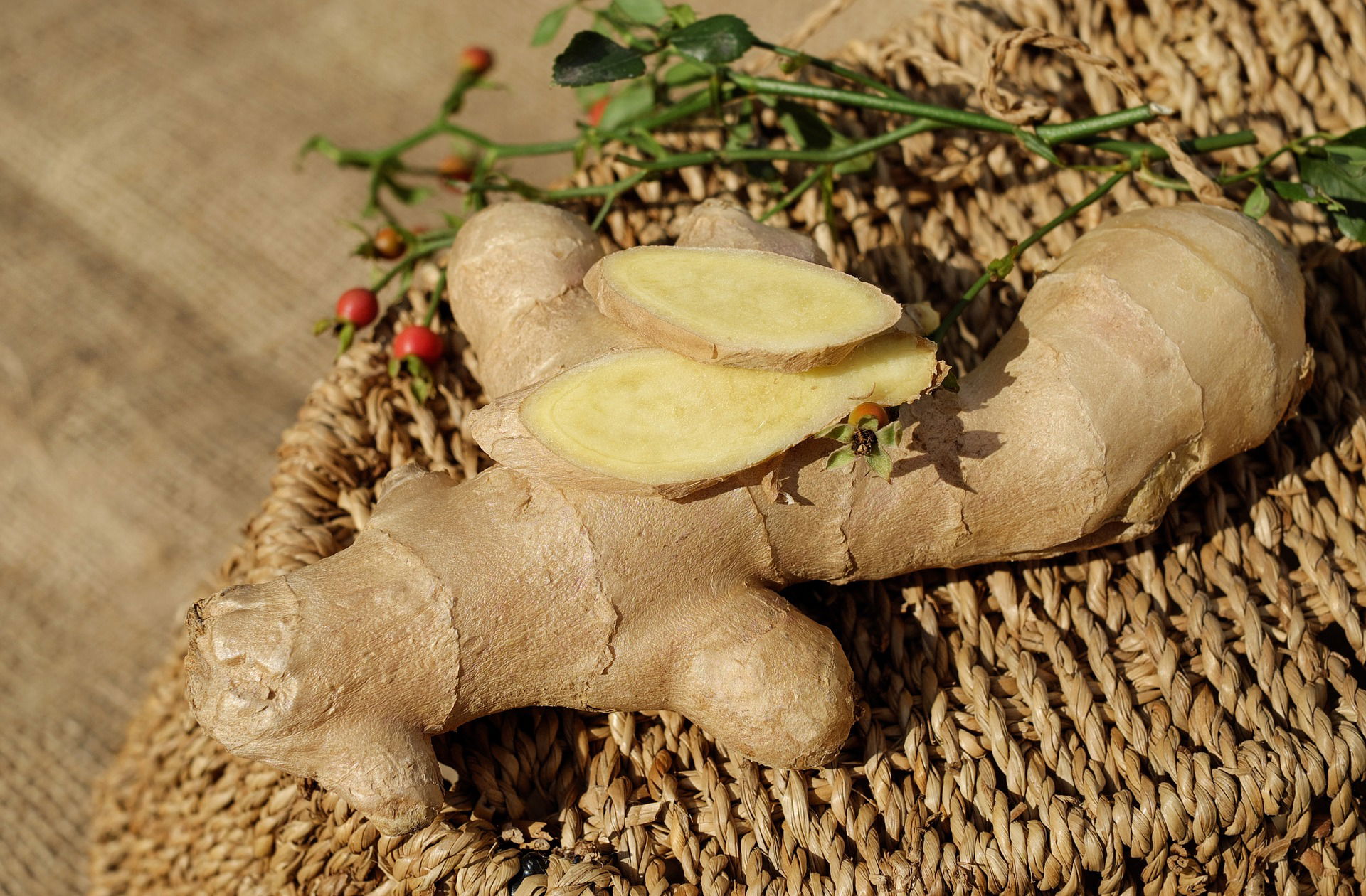The demand for Thai ginger is increasing globally
Thai ginger, also known as galangal, is a root commonly used as a spice in Asian cuisine. It is primarily grown in Thailand, a country that has recently seen a significant increase in demand for its ginger globally. This essay will explore the reasons behind the increasing demand for Thai ginger and its impact on the economy and agriculture of Thailand.

Firstly, Thai ginger has become increasingly popular due to the rise in the consumption of Asian cuisine around the world. Thai food, in particular, has gained widespread popularity, with Thai restaurants and food trucks popping up in major cities around the globe. Thai ginger is an essential ingredient used in many dishes such as curry, soup, and stir-fry. The increasing demand for Thai food has, therefore, led to a surge in demand for Thai ginger. Secondly, Thai ginger has unique flavor and medicinal properties that are highly sought after. It has a distinct aroma and a spicier taste than traditional ginger, making it a popular ingredient in dishes that require a strong flavor profile. Thai ginger is also believed to have medicinal properties such as reducing inflammation and aiding digestion.

This makes it a valuable ingredient not only in cooking but also in the health and wellness industries. Thirdly, Thailand is one of the top producers of Thai ginger globally, and the increasing demand for this spice is having a positive impact on the country's economy. The export of Thai ginger has increased substantially, with many countries importing it for use in their own cuisine. This has created job opportunities for Thai farmers and increased revenue for the country.
However, the increasing demand for Thai ginger is also putting pressure on Thai farmers to increase their production. This has led to concerns about the sustainability of farming practices and the impact on the environment. The Thai government has implemented regulations to ensure that farmers use sustainable methods to grow ginger, but it remains a concern. In conclusion, the demand for Thai ginger is increasing globally, driven by the rise in popularity of Asian cuisine, its unique flavor and medicinal properties, and Thailand's position as a top producer.

This trend has had a positive impact on the country's economy and created job opportunities for farmers. However, it is important to ensure that the increasing demand does not come at the cost of sustainability and the environment.
Therefore, it is crucial for the Thai ginger industry to adopt sustainable farming practices that prioritize the protection of the environment and the well-being of the farmers. This can be achieved through the use of organic fertilizers, crop rotation, and water conservation techniques. Additionally, the industry should invest in research and development to improve the quality and yield of the ginger crops, while minimizing the use of harmful pesticides and chemicals. By doing so, the industry can continue to meet the growing demand for Thai ginger while ensuring the long-term sustainability of the crop and the environment.


